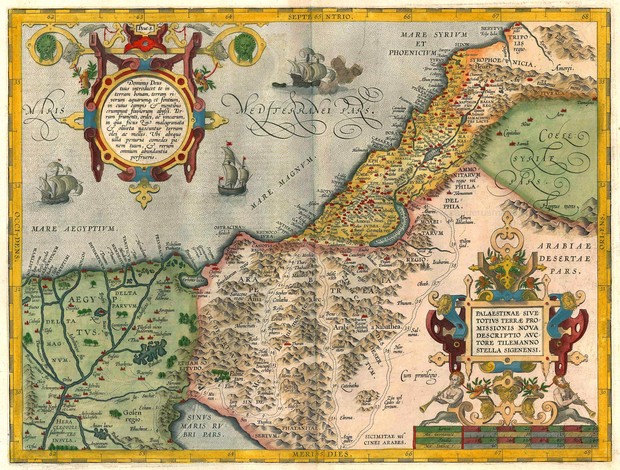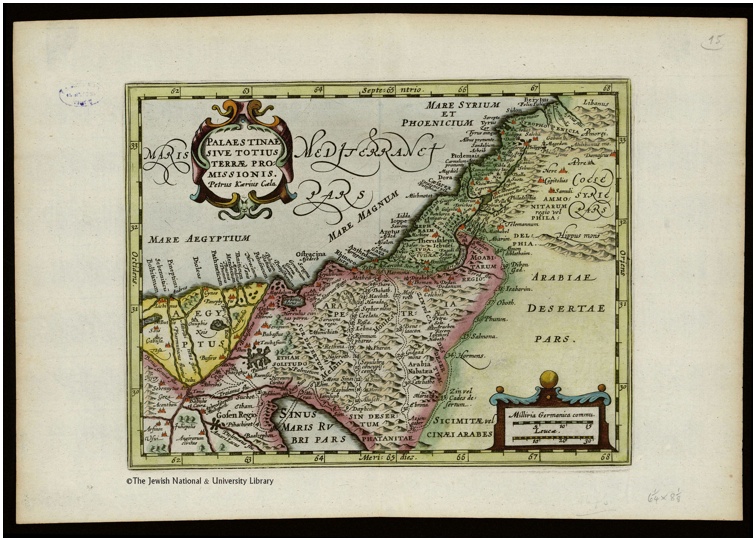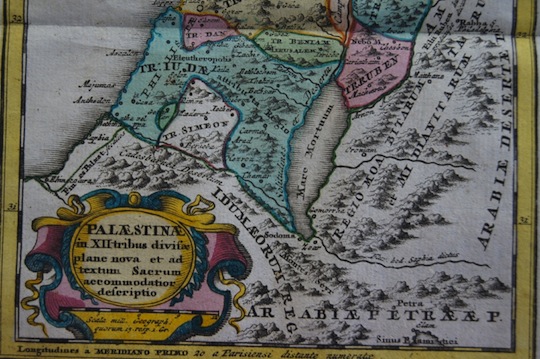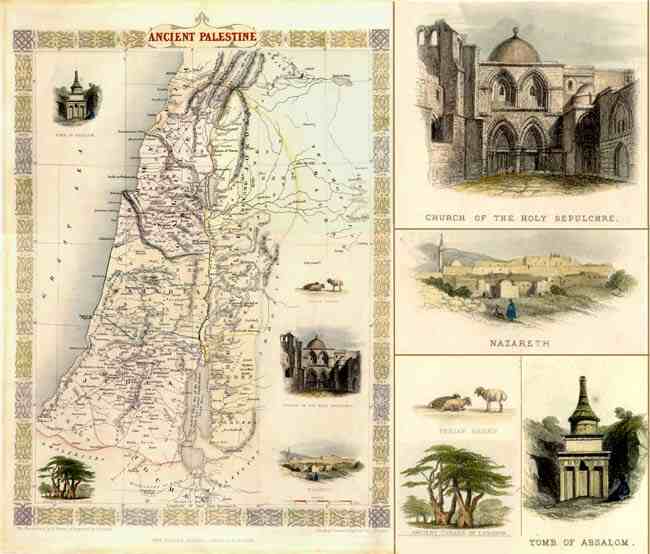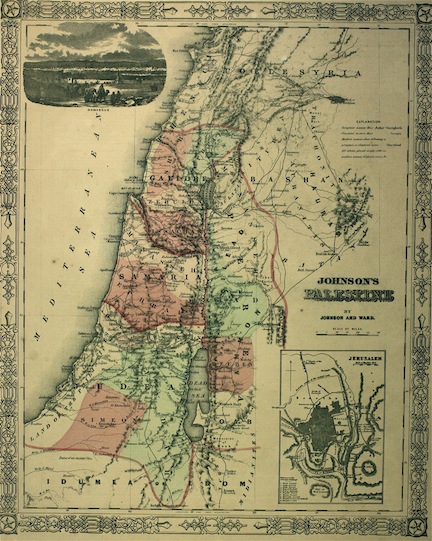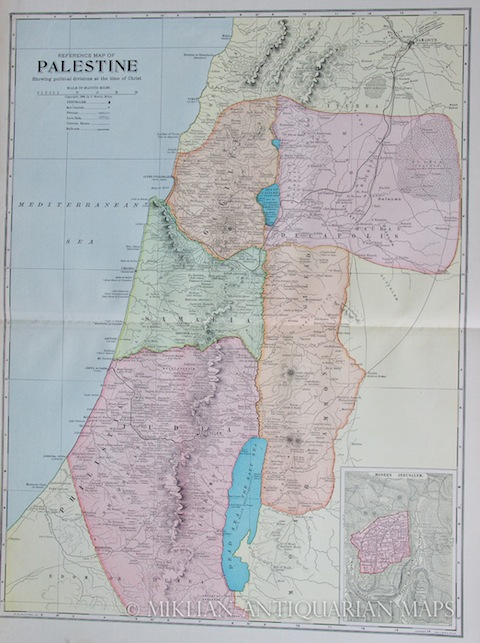Short history of #Palestine 
1/ The earliest records of 'Palestine' come from Egypt in the time of Ramses III (c. 1150 BCE), the people referred to as Palestinians in Hieroglyphic texts. This predates any mentioned of any biblical Kingdom of Saul/Israel ...

1/ The earliest records of 'Palestine' come from Egypt in the time of Ramses III (c. 1150 BCE), the people referred to as Palestinians in Hieroglyphic texts. This predates any mentioned of any biblical Kingdom of Saul/Israel ...
2/ ... which was established later in 1020 BC.
The Assyrians (c. 800 BCE) referred to the region as Palashtu or Pilistu. In the 5th century BCE, Herodotus wrote 'The Histories about Palaistine', which included the Judaean mountains and ...
The Assyrians (c. 800 BCE) referred to the region as Palashtu or Pilistu. In the 5th century BCE, Herodotus wrote 'The Histories about Palaistine', which included the Judaean mountains and ...
3/ ... the Jordan Rift Valley, as forming part of the 5th Persian satrapy.
A century later Aristotle referred to Palestine. Later Romans referred the area as part of Syria Palaestina. This is how it historically appeared on maps. The Hebrew name of Palestine, translated as ...
A century later Aristotle referred to Palestine. Later Romans referred the area as part of Syria Palaestina. This is how it historically appeared on maps. The Hebrew name of Palestine, translated as ...
4/ ... Philistia in English, is used more than 250 times in the Bible.
OTOH, Israel does not appear on a map for the area until the mid 1940′s (excepting a political map from the 1920′s).
There is a straight contiguous line from the Ramses III's ref to the land of the PLST ...
OTOH, Israel does not appear on a map for the area until the mid 1940′s (excepting a political map from the 1920′s).
There is a straight contiguous line from the Ramses III's ref to the land of the PLST ...
5/ ... PLST (Palestine, pronounced 'peleset') people to the Palestine of today.
Babylon conquered the lands in 597 BCE. By 538 BCE, the lands were conquered by the Persians, then Seleucids, then Romans, then the Muslim Caliphate, then the Ayyubid Sultanate, then the ...
Babylon conquered the lands in 597 BCE. By 538 BCE, the lands were conquered by the Persians, then Seleucids, then Romans, then the Muslim Caliphate, then the Ayyubid Sultanate, then the ...
6/ ... Mamluk Sultanate, then the Ottoman Empire who ruled Palestine from 1516-1917.
After the Muslims conquered Palestine in 636 AD — w the exception of a short interval of the reign of the Crusaders (1099-1187) — it was ruled by the aforementioned Muslim dynasties until ...
After the Muslims conquered Palestine in 636 AD — w the exception of a short interval of the reign of the Crusaders (1099-1187) — it was ruled by the aforementioned Muslim dynasties until ...

 Read on Twitter
Read on Twitter
